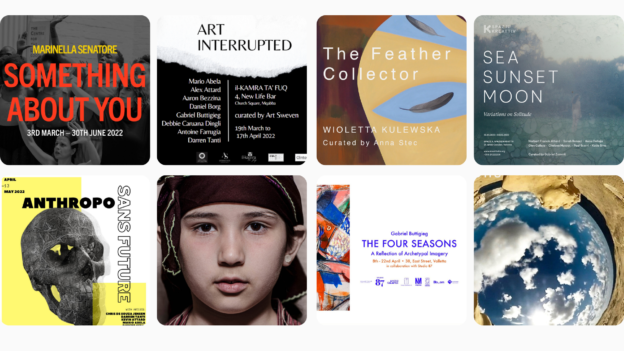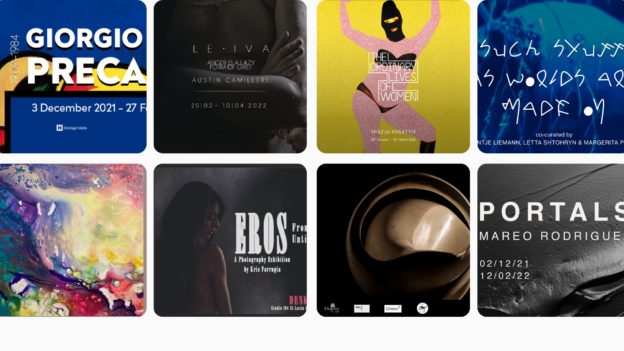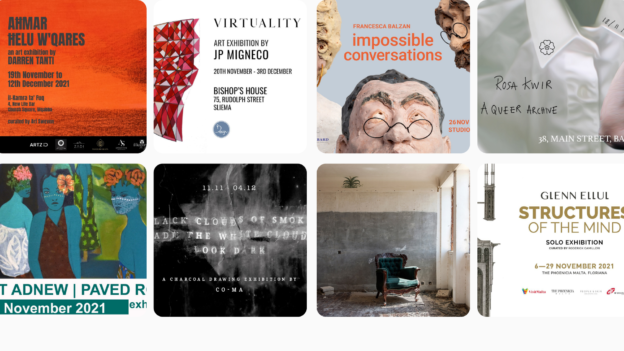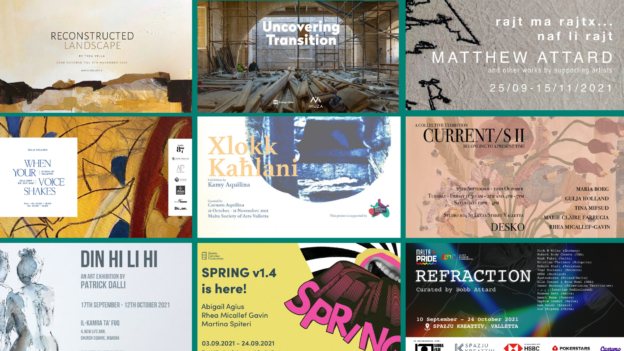The Role of Art and Misconceptions Regarding Creativity

Creativity as commodity?
Despite the surface veneer in which art is seemingly held in high esteem, Western culture has constantly questioned the role of art in society. Often, it has exhibited a reluctance to assign any inherent purpose or value to art. The questions pertaining to the existence of art and its necessity to the lives of contemporary individuals often come in the form of decisions made with regards to funding arts curricula. The justification of its existence seems to be fully dependent on the benefits that can be reaped from educating individuals in the arts, and the argument of art for art’s sake is cast aside and left to rot in the side-lines.
It can be argued that art for art’s sake might not be as noble a pursuit as one would like to believe. However the question remains – should, in the ever-increasing quest to make a profit, creativity be a vehicle that squeezes one to the point of shrivelling their bones, or should it be something that is separate from the marketplace? Should art as a means for commerce be something that must be disdained, and is shrivelling bones the only outcome available when one delves into the world of art as a profession? A line of thought that many seem inclined to debate is whether artists are as worthy of being paid and recognised as anyone else in any other industry.
Art and society
Quite a number of misconceptions exist surrounding the role of the artist and the concept of creativity. This includes that of viewing the creation of art as being inferior to pursuits of a seemingly more rewarding nature to society. Artistic creation is often perceived as an activity that cannot be considered to be a ‘real’ job. In direct reaction to this, however, many reveal a desire to deconstruct these myths, and to reveal the inherent flaws that lie beneath these rather myopic views of the world of art and the logic leading to these conclusions.
An individual’s reverence for art must stem from his or her perception of it as being inherently ‘good’ for us. This idea is a timeless premise that has been repeated time and time again. The individuals who hear such a thing tend to believe it quite unquestioningly. After all, if we didn’t believe this refrain, then committing endless time and money and study to the pursuit of art would make little sense. One might be spurred to ask, however, what is art ultimately for, and what, exactly, makes it so ‘good’ for us?

“Creating art is often perceived as an activity that cannot be considered to be a ‘real’ job.”
It can be argued that art has an almost therapeutic function that enables it to extract the best version of the person who is subject to its effects. It acts as a mirror to society at large and to the individual’s innermost thoughts and desires. The description of art as therapeutic can also be associated with its ability to aid the perceivers of art to cope with their own existence and to help them lead more flourishing lives. This last matter is in itself debatable but quite comforting to the individuals themselves.
Art is capable of imparting information, of moulding our everyday existence, of creating a social or political statement, and of being appreciated for its aesthetic beauty. It has integrated itself in most aspects of human existence, from what we consume willingly on a daily basis to the kind that goes unnoticed or taken for granted by those who perceive it. Art is capable of translating experiences across vast areas of time and space, preserving the experience of living in a particular time and allowing for the communication between individuals from different cultures and different times. It is a reflection of the changes that occur in society and it is a means with which individuals may access these experiences and absorb them, potentially affecting their fundamental sense of self in the process.

“Art is capable of imparting information, of moulding our everyday existence, of creating a social or political statement, and of being appreciated for its aesthetic beauty.”
A profession equal to any other
Ultimately, can all of the above truly be regarded as not being essential or rewarding for society? Being passionate about one’s profession and doing something that one enjoys for a living seems to be such a foreign concept in our culture. When people manage to break free from such a limiting world view, they are swiftly categorized with the label of those lucky few whose job cannot be considered to be ‘real’. This is a misconception that has some rather damaging effects on the individuals of our contemporary world, and is one that should be ripped into shreds and then stomped on with much force. Without a doubt, the exclusion of art from the world would be an especially meaningless and desolate place.
Opinion piece wirtten by Melanie Zammit for ARTZ ID.





Responses